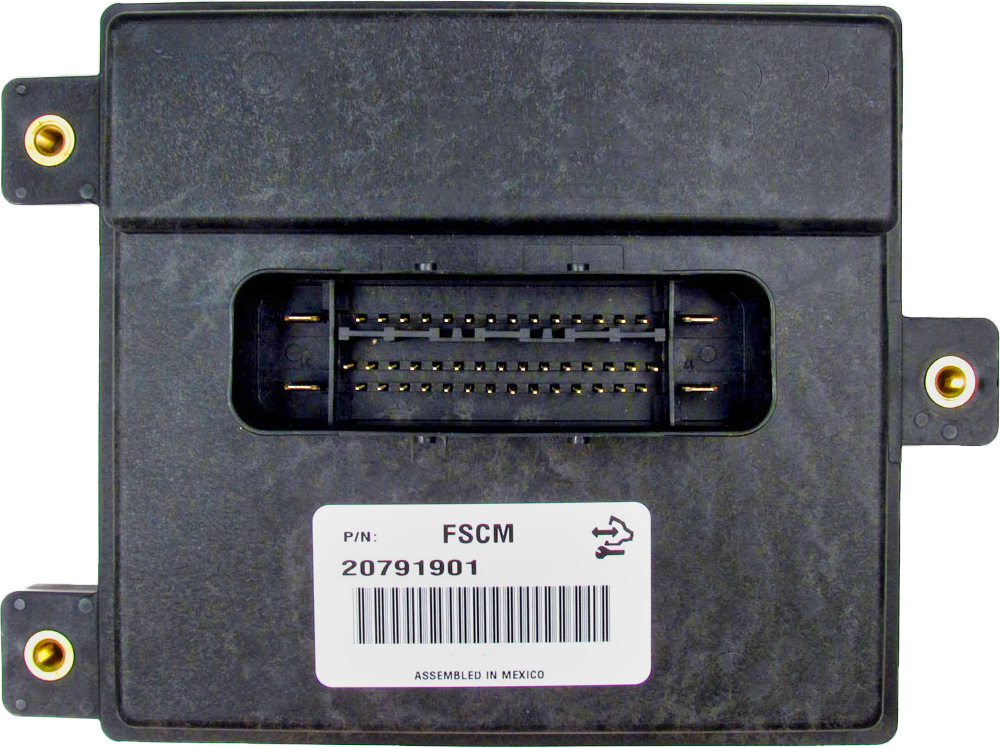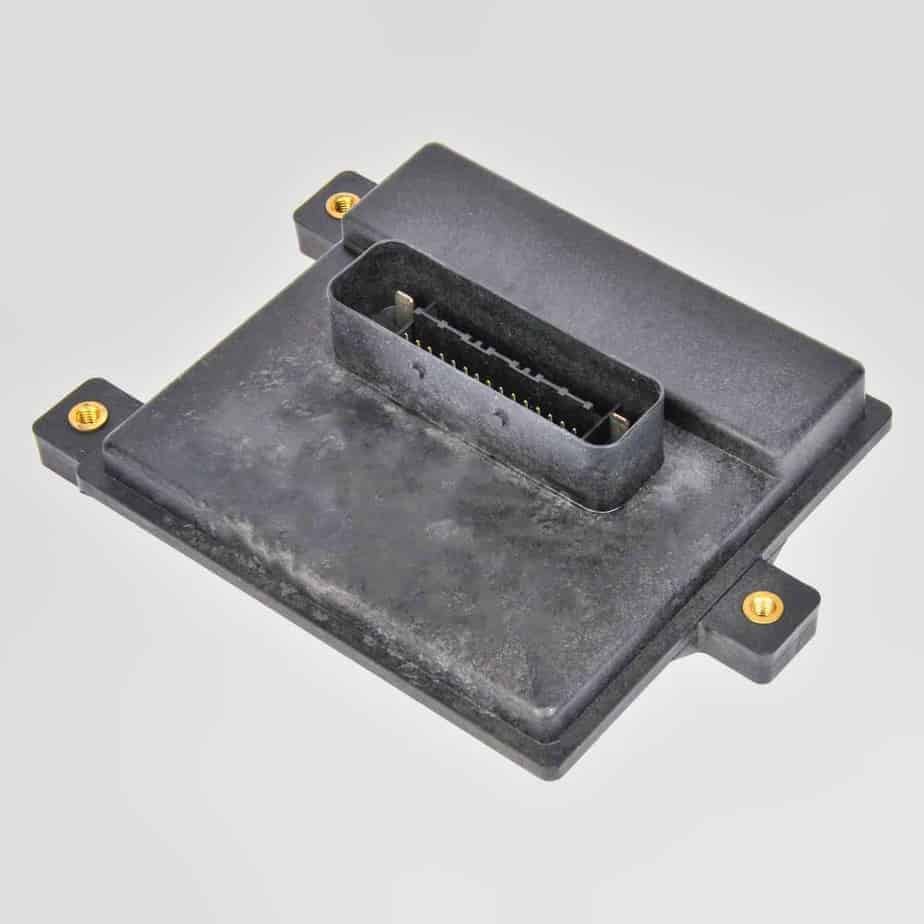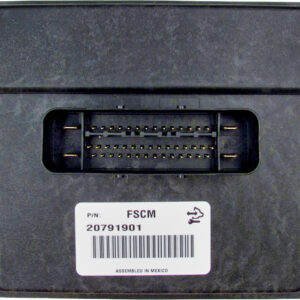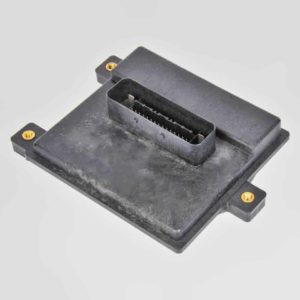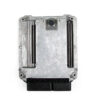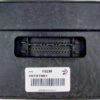Restore Your Vehicle’s Performance and Reliability
Is your 2009 GMC Acadia, or another compatible GM vehicle, suddenly stalling, hesitating during acceleration, or refusing to start? Before you condemn the fuel pump itself—a costly and labor-intensive job—consider its brain: the Fuel Pump Control Module (FPCM). As a technician with over two decades of experience, I’ve seen countless vehicles come into the shop with these exact symptoms. Often, the culprit isn’t the pump, but this critical module that regulates its voltage and speed. A faulty FPCM can starve your engine of fuel intermittently, leading to frustrating and unpredictable performance issues.
This isn’t just a replacement part; it’s a complete, ready-to-install solution. We take the guesswork and dealership hassle out of the equation. Each 2009 Acadia Fuel Pump Module is professionally programmed with the latest GM software updates specifically for your vehicle. All we need is your Vehicle Identification Number (VIN) during checkout. This ensures perfect communication between the module and your vehicle’s computer system, restoring factory performance and efficiency right out of the box. Don’t let a failing FPCM leave you stranded. Get the reliable, pre-programmed fix and get back on the road with confidence.
From the Diagnostic Bay: A Tricky No-Start Case
I remember a 2008 Chevy Tahoe that was towed in after leaving its owner stranded. The engine would crank but never fire up. The owner had already replaced the fuel pump himself, assuming it was the problem, but the issue persisted. When I connected my scan tool, I found DTC U0109 – ‘Lost Communication with Fuel Pump Control Module’. Instead of just throwing parts at it, I checked the FPCM’s power and ground at the connector on the frame rail—they were good. This told me the module itself was the point of failure. After installing one of our pre-programmed modules, the Tahoe fired up on the first try. It’s a classic case where diagnosing the control side of the circuit saved hundreds of dollars and a lot of frustration.
Common Signs of a Failing FPCM
If your vehicle is exhibiting any of these behaviors, a failing Fuel Pump Control Module is a likely cause. Replacing it can be a straightforward solution to these complex-seeming problems.
- ✔ Engine stalling, especially under load or when warm.
- ✔ Extended cranking time before the engine starts.
- ✔ Complete no-start condition where the engine cranks but won’t turn over.
- ✔ Hesitation or stumbling during acceleration.
- ✔ Reduced engine power and poor fuel economy.
- ✔ Check Engine Light with diagnostic trouble codes (DTCs) such as P069E, P0230, or U0109.
A Straightforward Guide to Installation
Replacing your 2009 Acadia Fuel Pump Module is a job most DIYers can handle with basic tools. Since this module comes pre-programmed, no further dealer visits are required.
- Safety First: Disconnect the negative terminal from your vehicle’s battery to prevent any electrical shorts.
- Locate the Module: Find the old FPCM. On many GM trucks and SUVs (like the Tahoe or Sierra), it’s mounted on the driver-side frame rail. On vehicles like the Acadia or Traverse, it’s often on a rear crossmember. Check your specific model’s service information for the exact location.
- Disconnect and Remove: Unplug the electrical connectors from the module. Be gentle with the locking tabs. Then, remove the bolts or nuts holding the module to the frame or chassis.
- Install the New Module: Mount your new, pre-programmed FPCM in the same location and secure it with the original hardware.
- Reconnect Everything: Plug the electrical connectors firmly into the new module. Reconnect the negative battery terminal.
- Final Check: Turn the key to the ‘On’ position for a few seconds to allow the fuel system to prime, then start the vehicle. It should fire up and run smoothly.
Verified Vehicle Compatibility
This module is a direct replacement for a wide range of GM vehicles and interchanges with multiple part numbers, including 13501024, 15213110, 20759945, and more. Please verify your vehicle is on the list below.
- ACADIA 09
- AVALANCHE 1500 08-09
- CANYON 09
- COLORADO 09
- ENCLAVE 09
- ESCALADE / ESV / EXT 08-09
- EXPRESS 1500 VAN 08-09
- HUMMER H2 08-09
- HUMMER H3 09
- OUTLOOK 09
- SAVANA 1500 VAN 08-09
- SIERRA 1500 PICKUP 07 (New Body Style)
- SIERRA 1500 PICKUP 08-09
- SIERRA DENALI 08-09
- SILVERADO 1500 PICKUP 07 (New Body Style)
- SILVERADO 1500 PICKUP 08-09
- SUBURBAN 1500 08-09
- TAHOE 08-09
- TRAVERSE 09
- VUE 08-09
- YUKON / YUKON XL 1500 08-09
Frequently Asked Questions
Why do I need to provide my VIN?
Your VIN (Vehicle Identification Number) is required so we can program the module with the exact software and calibrations for your specific vehicle’s configuration. This ensures seamless integration and proper function without needing a trip to the dealership.
What does the Fuel Pump Control Module (FPCM) do?
The FPCM, also known as a Fuel System Control Module (FSCM), acts as a smart relay for your fuel pump. It receives commands from the Engine Control Module (ECM) and precisely controls the voltage sent to the fuel pump, managing fuel pressure and flow for optimal performance and efficiency.
Is this part difficult to install at home?
For most DIYers with basic mechanical skills, this is a very manageable job. The module is typically mounted in an accessible location on the vehicle’s frame or crossmember. Since our modules arrive pre-programmed, it’s a true plug-and-play installation.
Can a bad FPCM cause my vehicle to not start?
Yes, absolutely. A completely failed FPCM will not send power to the fuel pump, resulting in a ‘crank, no start’ condition. An intermittently failing module can cause random stalling and hard starting, which can be very difficult to diagnose.
Is this a new part?
Yes, this is a high-quality, new replacement part that meets or exceeds original equipment specifications. It is programmed with the latest stable software from the manufacturer for lasting reliability.
